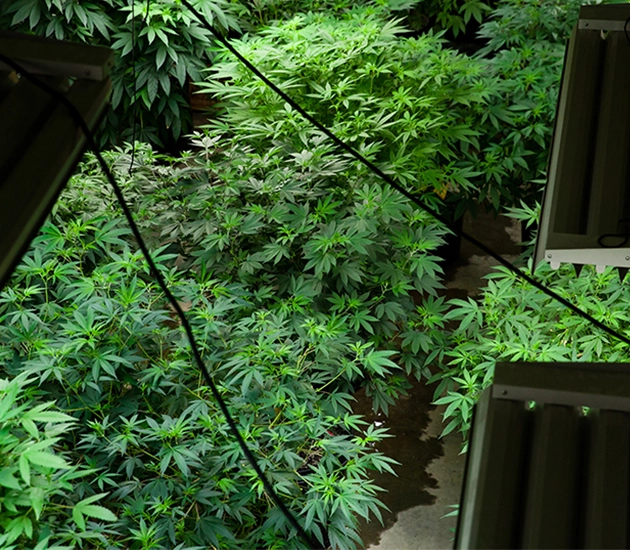
Log in as a...
New!
We’ve partnered with CREA to help improve your member experience and give your information the best security possible.
Click Here for additional instructions on the member login.
You will be returned to OREA once you have successfully logged in.
March 7, 2013
Ontario REALTORS® support reintroduction of a grow op registry bill
The Ontario Real Estate Association (OREA) and its member REALTORS® applaud the tabling of the Clandestine Drug Operation Prevention Act, 2013, introduced today by MPP Lisa MacLeod (Nepean-Carleton) to establish a marijuana grow operations (MGOs) and clandestine drug laboratory registry.

The Ontario Real Estate Association (OREA) and its member REALTORS® applaud the tabling of the Clandestine Drug Operation Prevention Act, 2013, introduced today by MPP Lisa MacLeod (Nepean-Carleton) to establish a marijuana grow operations (MGOs) and clandestine drug laboratory registry.
March 7, 2013 – The Ontario Real Estate Association (OREA) and its member REALTORS® applaud the tabling of the Clandestine Drug Operation Prevention Act, 2013, introduced today by MPP Lisa MacLeod (Nepean-Carleton) to establish a marijuana grow operations (MGOs) and clandestine drug laboratory registry.
“Grow-ops are a major problem for homebuyers in the province and we have been urging the Ontario government to establish a registry to protect consumers for over ten years,” said Pat Verge, an Ottawa REALTOR® and member of OREA’s Board of Directors. “We urge the Legislature to pass this bill in order to protect homebuyers.”
In October of 2012, OREA commissioned a study by Ipsos Reid, which found that 93 per cent of Ontario residents want to know if a home they are planning to purchase was formerly used as a MGO or clandestine drug lab. The research showed that 88 per cent of Ontarians support the creation of a province-wide registry.
It also noted that one quarter (24%) of Ontarians say they have ‘seen or know of homes in their neighbourhood that have been used as a marijuana grow operation (MGO).’
“The prevalence of these homes in Ontario is quite frankly alarming,” says Verge. “And REALTORS® want to be able to warn their clients as early in the purchasing process as possible.”
While REALTORS® are obligated by law to disclose to potential homebuyers if a home has been used as a marijuana grow-operation or drug lab, they are hindered by the lack of a central registry of such properties.
MGOs and clandestine drug operations cause significant damage to homes, such as mould, chemical contamination, structural alterations and hazardous electrical rewiring. Often these homes receive cosmetic renovations to disguise their former use. Homebuyers who unknowingly purchase a former MGO might find themselves facing a loss of home insurance for the property and high remediation costs.
If passed, the bill will require municipalities to register remediation work orders on title of former marijuana grow operation/clandestine lab properties. Under this proposal, licensed professionals (REALTORS®, mortgage lenders, etc.), who have access to this information will be able to protect consumers by ensuring that these properties are disclosed prior to the completion of the real estate transaction.
-30-
About the Ontario Real Estate Association (OREA): Founded in 1922, OREA represents 55,000 brokers and salespeople who are members of the provinces 41 real estate boards. OREA serves its members through a wide variety of publications, educational programs and special services while promoting higher industry standards, protecting the general public from unscrupulous brokers and salespeople, and preserving private property rights. The association provides all real estate licensing courses in Ontario.
Share this item
For more information contact
Ontario Real Estate Association
Jean-Adrien Delicano
Manager, Media Relations
JeanAdrienD@orea.com
416-445-9910 ext. 246
OREA AI Assistant